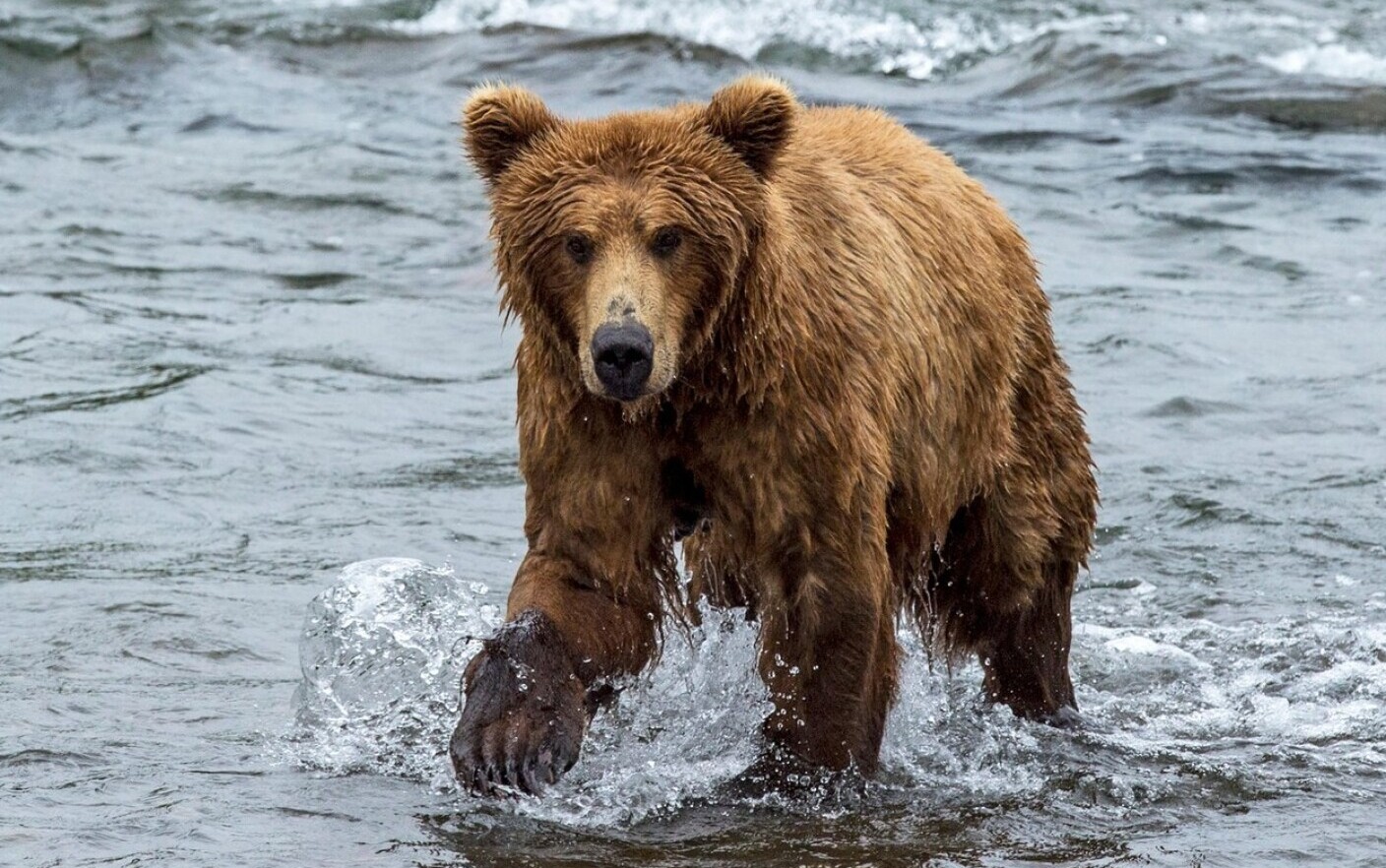Last weekend, the G7 countries announced a billion vaccines to poorer countries by the end of 2022 to give. South African President Cyril Ramaphosa, who was also at the G7 summit, politely accepted the gift. But he knows: a billion needles are a lot, but not nearly enough to protect the population in developing countries against the corona virus.
Criticism has therefore come from international organisations, such as the World Health Organization (WHO). It points out that around 11 billion doses worldwide are needed to get the pandemic under control and that deliveries must be made quickly and that there must be a clear timeline.
So what’s next after the G7? Covax, the World Health Organization’s vaccination aid program targeting low- and middle-income countries, continues to solicit donations, including from China and Russia. The lowest vaccination rate is on the African continent; only 2 percent of the people there have been vaccinated.
Meanwhile, African countries are also trying to get more vaccines themselves. Because Covax has failed, Ayoade Alakija, the Nigerian co-chair of the African Union vaccination group, told BBC radio. And not just because it doesn’t have enough vaccines. According to her, the program had a “colonial approach” from the start, where Africans were not asked anything. “We were told that Covax would be enough. Stay where you are and we’ll take care of you.”
During the G7 summit, South African President Ramaphosa, who currently also chairs the African Union, again argued for the temporary lifting of patents on vaccines, so that countries can start producing them themselves. He couldn’t get his hands on that. He will now continue to lobby the World Trade Organization.
Kenya: million needles, 52 million inhabitants
One of the many countries where there are large shortages is Kenya. More than 1.1 million shots have been taken there so far. 128,744 people received two injections and are therefore fully vaccinated against the corona virus. That in a population of more than 52 million.
Kanyenje Gakombe is a hospital director in the capital Nairobi and does not even have all his doctors and nurses who want to be able to prick yet. His parents in their eighties and nineties are also not fully vaccinated.
He is also grateful, but hopes that the western world will send even more. He doesn’t care which one. “If you’re rich, you can be picky about which vaccine you use. If you’re dependent on donations, any vaccine is welcome.”
In fact, he has a preference for vaccines that are being discussed in Western countries. “Up until now, we have mainly used the AstraZeneca vaccine. It is easier to store than, for example, Pfizer, because it does not have to be stored in the freezer but can be stored in a regular refrigerator. And the Johnson & Johnson vaccine is easy logistically, because only one prick.”
–


